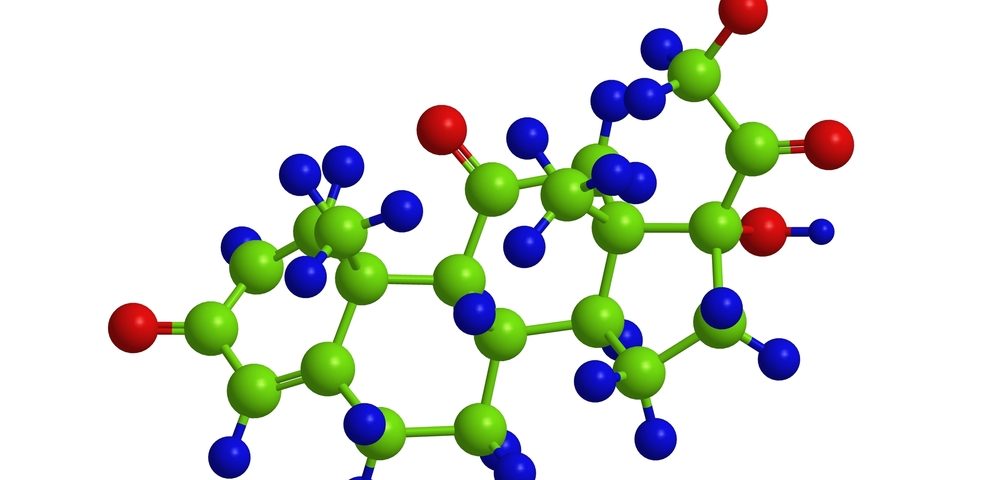Two molecules with anti-inflammatory qualities have been identified as potential new therapies for chronic conditions such as inflammatory bowel disease (IBD), researchers suggest.
The study, “Cheminformatics-aided discovery of small-molecule Protein-Protein Interaction (PPI) dual inhibitors of Tumor Necrosis Factor (TNF) and Receptor Activator of NF-κB Ligand (RANKL),” appeared in the journal PLOS Computational Biology.
The pro-inflammatory protein TNF (tumor necrosis factor) is involved in a number of disease processes, including rheumatoid arthritis, psoriasis, Crohn’s disease, and multiple sclerosis.
Current research efforts are aimed at blocking the interaction of TNF with its receptors in the cells, which would prevent its activation and could be an effective therapeutic strategy. However, not all patients respond to these therapies, and their effectiveness can wear off over time.
The research team was led by Antreas Afantitis, PhD, of Cyprus’ NovaMechanics, and George Kollias from the Alexander Fleming Biomedical Sciences Research Center and the National and Kapodistrian University of Athens, Greece.
The scientists created a new computer-based drug screening platform to improve the discovery of TNF inhibitor drugs. The new software integrates molecular properties shared between TNF and RANKL (Receptor Activator of Nuclear factor Kappa-B Ligand), a member of the TNF superfamily of proteins that are also involved in chronic inflammatory diseases.
Approximately 15,000 small molecules were screened and their interactions with TNF and RANKL proteins were predicted. The researchers evaluated whether the molecules would be able to disrupt the protein-protein interactions that lead to their activation in disease.
“This virtual experiment identified nine promising molecules out of thousands of candidates,” Afantitis said in a press release.
Subsequent laboratory experiments were conducted to validate the potential of the nine molecules to interact with TNF and RANKL. Two molecules – T8 and T23 – revealed a particularly strong ability to inhibit TNF. Both molecules were shown to bind to TNF and RANKL, blocking their interaction with other proteins. Importantly, these two molecules show low potential for inducing toxic effects in humans.
The scientists hope the therapeutic potential of T8 and T23 helps control chronic inflammatory conditions. Future studies could be key “to develop improved treatments for a range of inflammatory, autoimmune, and bone loss diseases,” Kollias said.
Meanwhile, the researchers plan to continue using the new drug screening platform to search for other promising TNF inhibitors. The software could also be adapted to assess new treatments for additional inflammatory and autoimmune diseases.

